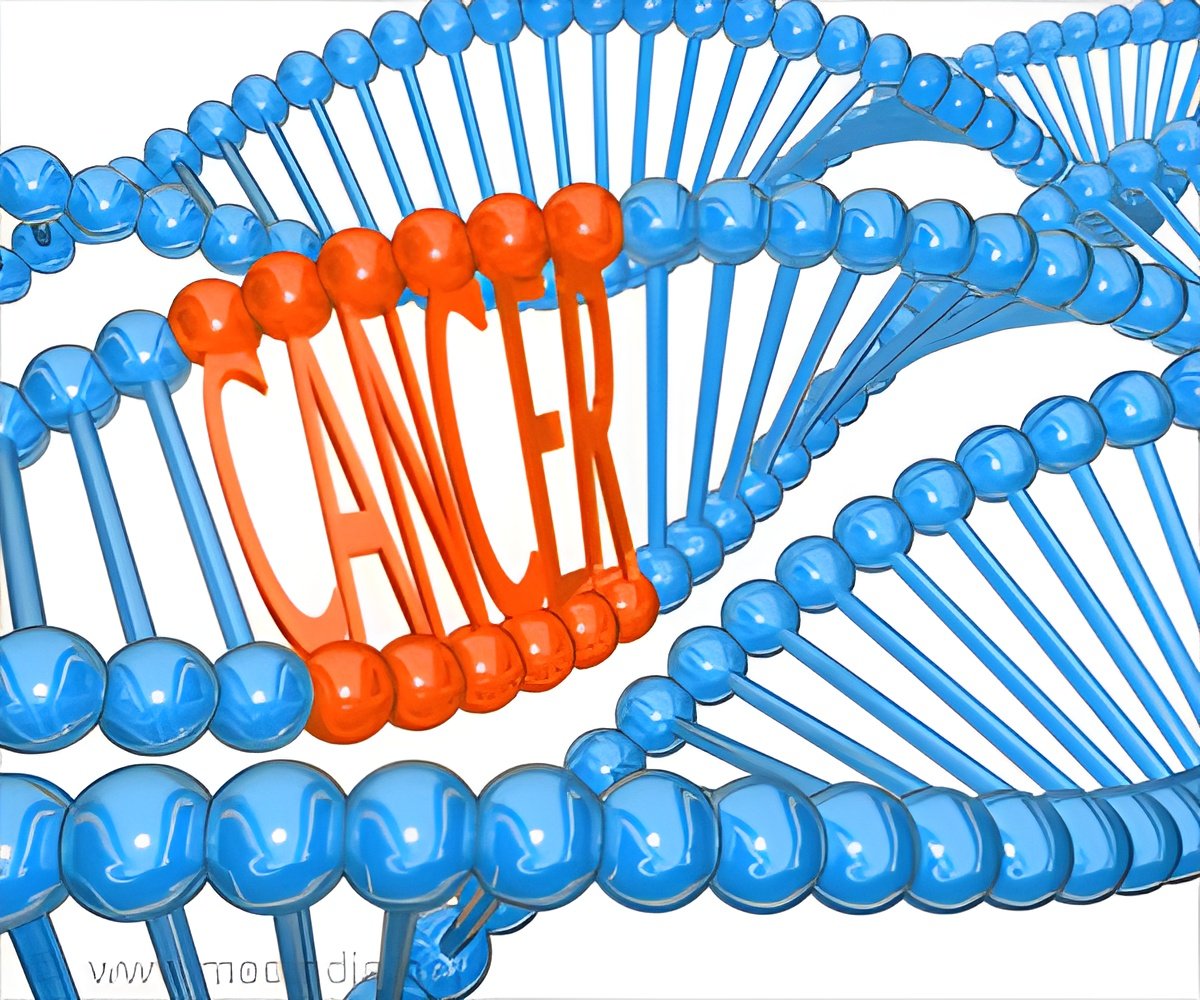Key role for the TLK1 and TLK2 enzymes in DNA replication have been identified. Previous studies have pointed to TLK1/2 as potential candidate targets in cancer therapy.

‘Key role for the TLK1 and TLK2 enzymes in DNA replication have been identified. Previous studies have pointed to TLK1/2 as potential candidate targets in cancer therapy. During cell growth, cells copy their DNA through a process called DNA replication is the process by which cells copy their DNA during cell growth.’





"We demonstrated that TLK activity is critical to prevent extensive DNA damage and cell death during DNA replication. And in some human cancers, TLK1 and TLK2 correlate with clinical outcome, thus supporting the idea that they may be promising targets for inhibition," explains Travis H. Stracker, head of the Genomic Instability and Cancer Lab. Published in Science Advances, the study is based on previous studies that pointed to TLK1/2 as potential candidate targets in cancer therapy, and it provides new molecular details on their key functions in cancer cell proliferation.
This collaborative study has used state-of-the-art molecular approaches to analyze DNA replication and DNA damage, as well as the computational analysis of publicly available cancer data from the Cancer Genome Atlas (TCGA) project.
Fueling the faithful duplication of DNA
The scientists have demonstrated that TLK1 and TLK2 activity is crucial for regulating the availability of histones, abundant proteins that protect DNA, provide structure and carry epigenetic information.
Advertisement
Potential targets for cancer therapy
Advertisement
Although previous studies had proposed that TLK1/2 were potential targets for breast cancer therapy, this study demonstrates that their inhibition could be useful for the treatment of various kinds of cancer and may enhance the activity of several chemotherapeutic agents currently in clinical trials. These enzymes therefore emerge as potential targets for future drug development.
Source-Eurekalert















